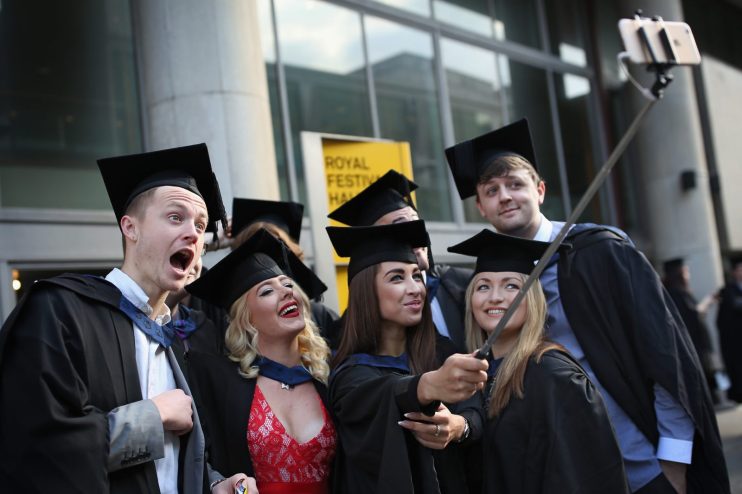Why flexibility will hold the key to resolving the skills crisis once and for all

Debates about skills in the UK have long ebbed and flowed, but there has been a steady trend towards dedicated funding and qualifications shaped to what employers say they need for specific occupations.
This now includes the apprenticeship levy — a tax on large employers that can be recovered if they fund apprentices — and new technical qualifications in England designed to provide an alternative to A-levels and degrees.
Then this September, against the backdrop of the Covid-19 pandemic, the Prime Minister unveiled a fresh skills package: the Lifetime Skills Guarantee and a new entitlement to flexible loans to support re-skilling and up-skilling over a working lifetime.
It is becoming increasingly clear that skills development is set to be a crucial part of employers’ recovery strategies post-Covid. However, if organisations are to really harness such developments, we need to put flexibility at the heart of employee learning.
While The Open University has long been a champion of flexible, student-led education — allowing learners to study around significant commitments such as work or bringing up children — the provision of learning opportunities needs to be increased to an even higher degree of adaptability and customisation in the months ahead.
The Open University’s Business Barometer recently found that, amid the disruption caused by the Covid crisis, the cost to business of the skills gap has increased to a huge £6.6bn. Employers are chasing expertise that was already in short supply before the crisis, spending more on finding candidates and on temporary staff. The most acute skills shortages are in leadership, management and digital skills.
For most employers the problem is getting worse. But the answer is not just more “relevant” degree subjects and new technical qualifications that take two or three years to complete, since it will take many decades to up-skill the workforce from new entrants.
Rather, there needs to be flexible provision for both new entrants and adults already in work, with the latter including graduates. At present, many graduates are denied loans to re-skill or up-skill because they are regarded as having had their opportunity already. Yet in other countries, such as Finland, retraining graduates is seen as an important part of growing the digital economy.
Graduates, after all, acquire transferable skills whatever subject they have studied, and should not be barred for life from certain careers. Indeed, many have studied subjects that interested them rather than having clear career plans. This curiosity is an important motivator for “learning how to learn”, a skill that lasts a lifetime, when specific technical and professional knowledge dates increasingly rapidly.
A more flexible higher education system could even allow learners to combine courses that meet their desire to learn interesting topics (that may not seem immediately relevant to a specific occupation) with courses that are more occupationally focused. Why should it not be possible, for example, to study both philosophy and railway engineering, or natural sciences and accountancy?
While there seems to be a collective agreement that skills development will be crucial to our national economic recovery, there is not yet a consensus on how we can make re-skilling and up-skilling an adaptable and engaging enough experience for the learners themselves.
What is needed are menus of short courses that recognise how “academic” and “technical” education are not separate types of learning, but two pillars of a broader skill-set that, in our digital age, is becoming increasingly important to a range of careers. The student, employee or employer can then bundle the courses into portfolios that develop over a working lifetime.
By providing employees with the flexibility and customisable nature of a more accessible education system, we stand to remove barriers and catalyse interest in skills development — a prospect that could prove invaluable to a strong economic rebound.
Main image credit: Getty